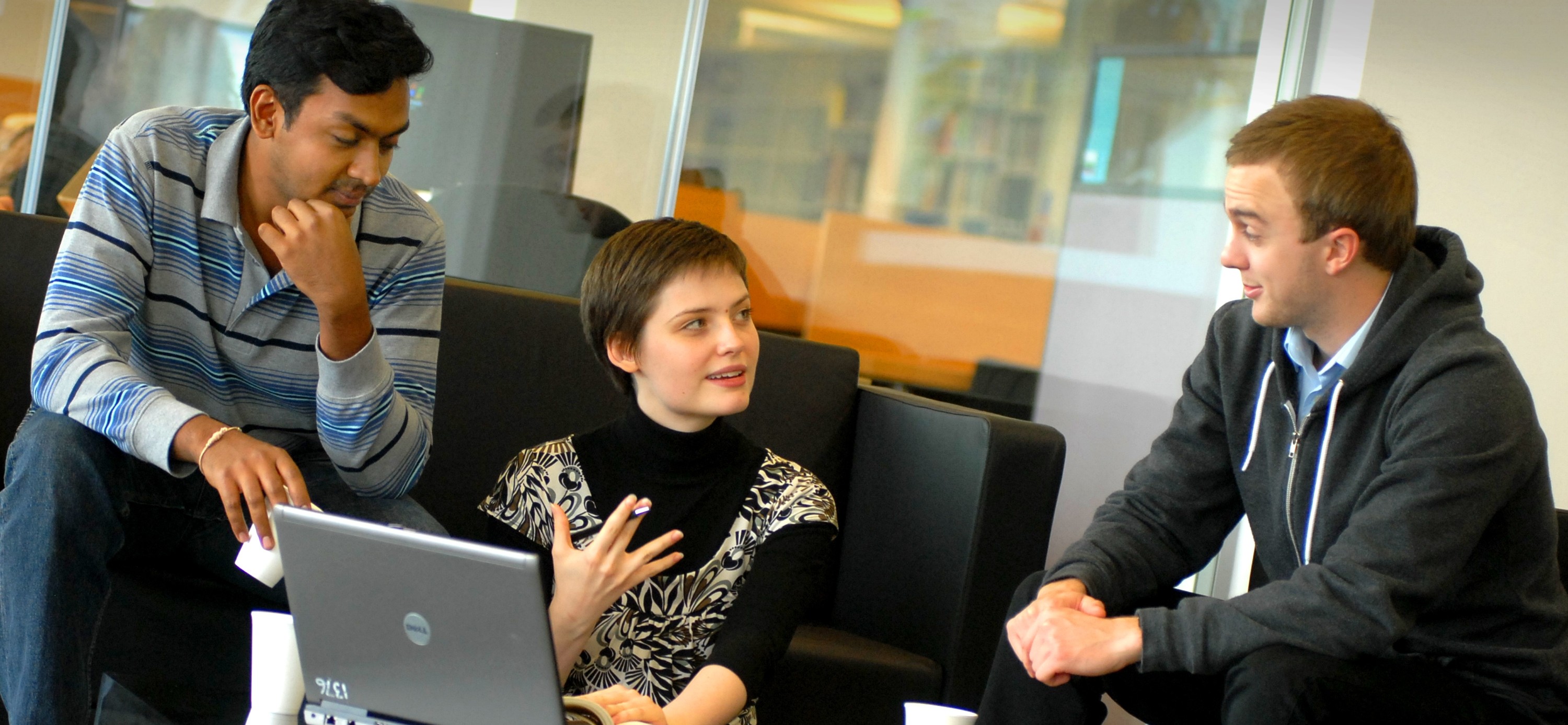Uni part of Social Sciences development programme
The University of Warwick has been selected to run a ‘Q-Step’ programme, aimed at improving the use of quantitative skills in the study of social science.
The University was one of 15 institutions to be selected to run the programme from 48 possible candidates. Q-Step Centres will also be established at other leading institutions such as UCL, Edinburgh and Oxford.
On the University’s website, Nigel Thrift, the vice-chancellor, described the programme as “quite a coup”, bringing with it £1.34 million in funding.
This money will go towards the development of new courses and reworking of existing modules in degrees like Politics. Q-Step Warwick aims to position the UK as a global leader in the social sciences.
There is also money for wider social science education, both at the postgraduate level and in schools. The support programme which accompanies Q-Step works to promote the sharing of knowledge between higher education institutions.
Modern societies generate vast amounts of data, which could be used to their advantage if it was analysed properly. This is why quantitative skills are being seen as increasingly important.
Such importance is reflected in the additional £4 million which has been allocated to the project, taking the national Q-Step budget to £19.5 million, to be spent over five years.
The scheme is a collaboration between the Nuffield Foundation, the Economic and Social Research Council (ESRC) and the Higher Education Funding Council for England (HEFCE). It also has the backing of David Willetts, universities and science minister.
He said that the programme will “help employers build long lasting relationships with universities” by providing them with appropriately skilled graduates. He summed up the scheme as a “step in the right direction”.

Comments